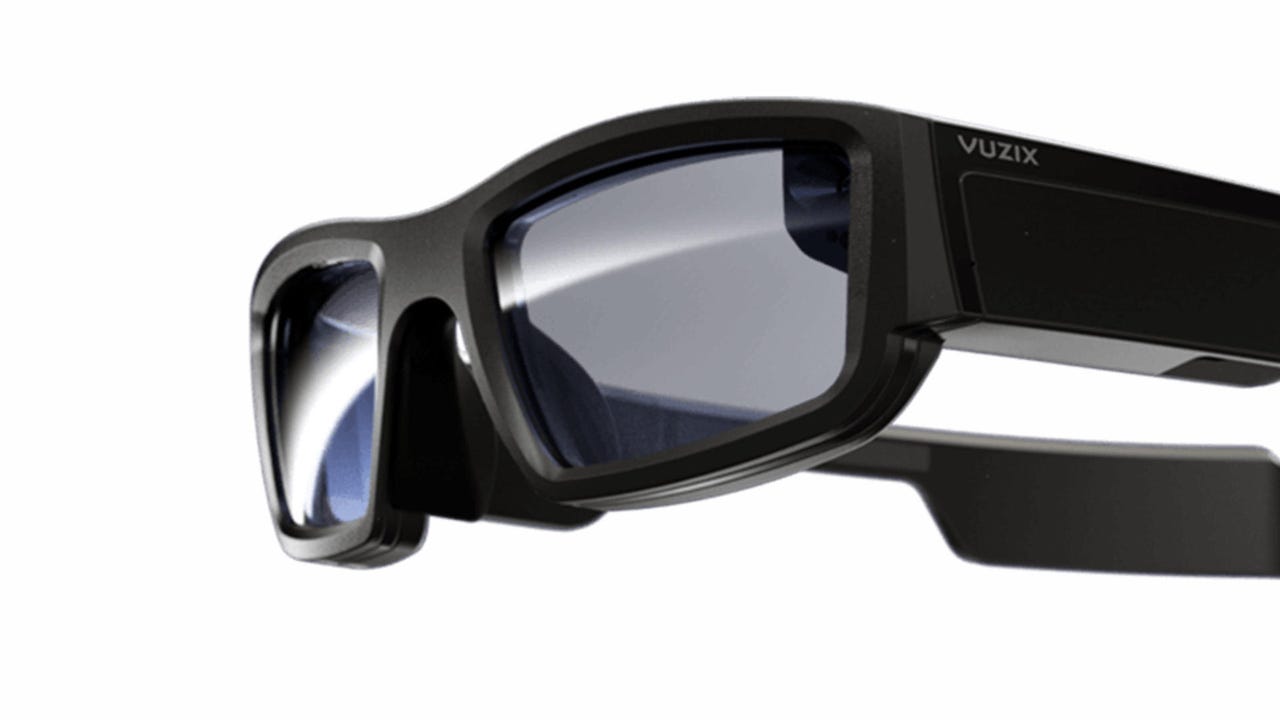Smart Glasses: AR stalwart has staying power thanks to slow growth and old school economics


Vuzix, the long-enduring company behind the Blade AR Smart Glasses, is continuing its slow-but-steady global expansion into Japan, where it has received certification for sale. Though growth has been modest, the company has demonstrated surprising resilience in a turbulent technology market long dogged by hype and misplaced expectations.
Vuzix has been around since 1997, making it the elder statesman of AR wearables, but 2019 is looking to be a benchmark year. After more than two decades suffering the roller coaster of market expectations in the smart glasses sector, the company is getting positive buzz following a strong showing of its new Blade Smart Glasses at CES 2019, where it won an Innovation Award. The new Blade, which actually looks like a regular (if beefy) pair of sunglasses, is getting high marks in tech media as the most practical AR glasses available for consumer and enterprise use.
Augmented Reality glasses are seeing healthy adoption in enterprise applications, particularly among field service techs and in enterprise training applications. But the consumer market, which seemed primed to flower into existence way back in 2013 when Google Glass was the talk of the town, still hasn't emerged in any meaningful way.
Vuzix, which is now selling in 35 countries following its expansion into Japan, has demonstrated admirable staying power by pursuing slow-but-steady growth and straddling the consumer and enterprise markets. The company expects to produce 2000 units per month by the end of Q1 2019.
In a technology ecosystem dominated by news of blockbuster hardware, those numbers may seem paltry. But with demand for consumer AR wearables still shaky, the slow growth model has enabled Vuzix to remain hyper-focused on actual customer demand, much of which exists in enterprise. The company recently lowered the price of the Blade to $1000, making it one of the cheaper offerings for enterprise smart glasses (ODG's R-series starts at $2749, for example).
Meanwhile, Vuzix has been refining its hardware product and putting its marketing efforts into consumer education, which it did to positive effect at CES.
"The assortment of hands-on Vuzix Blade Smart Glasses demonstrations at CES 2019 provided an opportunity for attendees to understand how Vuzix Blade Smart Glasses can deliver content, alerts, and information to consumers without taking their phones out of their pockets," says Paul Travers, President and CEO of Vuzix. "As a direct result of these CES demonstrations, some of the largest wireless carriers in the world across North America, Europe and Asia have shown strong interest in deploying our waveguide and smart glass technologies and products for their wireless networks in the near future and see its ability to drive cellular services, including 5G, and provide a competitive advantage."
There's a lot of business savvy behind that statement. In recent years, many companies have begun using CES as a massive, noisy press conference. Travers and Co. approached it as an honest to goodness trade show -- an opportunity to meet customers, make connections, and educate the market.
It's an old school approach to building a high technology business, and it seems to be working.